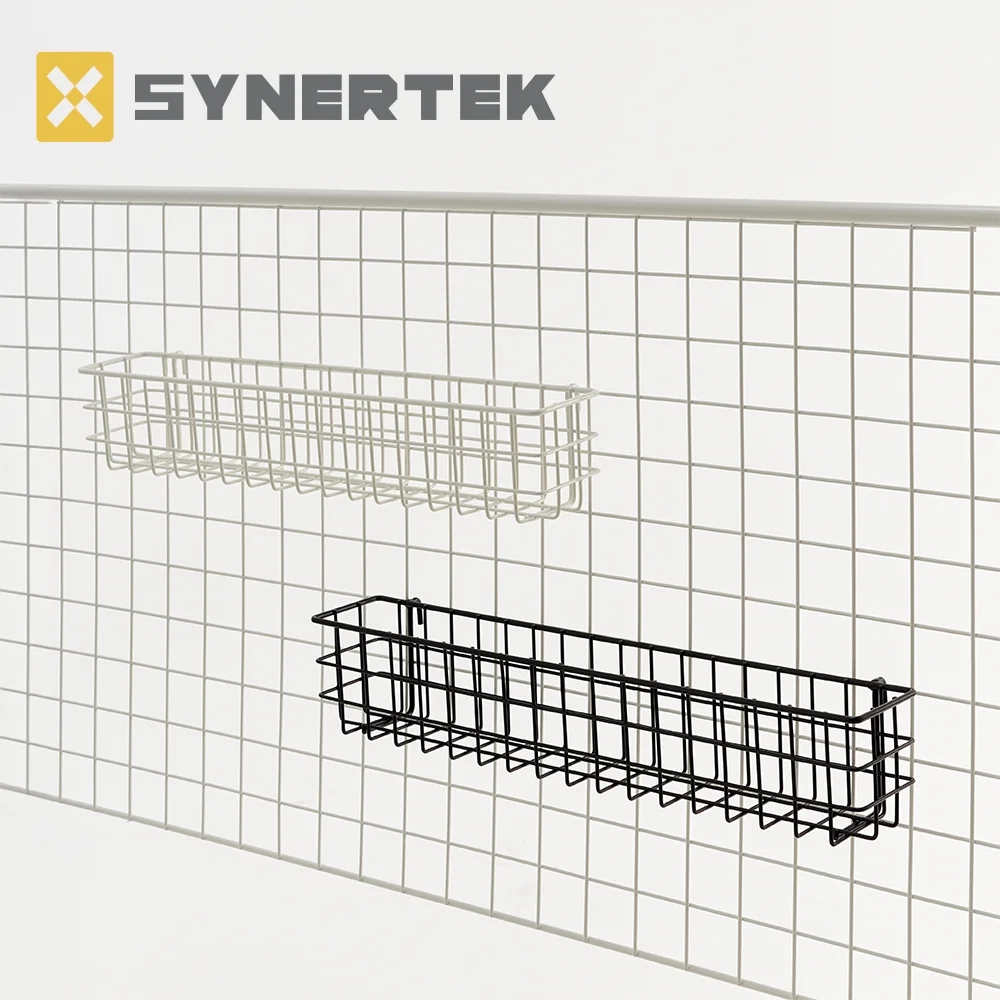When it comes to constructing or renovating a space, the choice of ceiling material plays a crucial role in ensuring durability, aesthetics, and safety. With a plethora of options available in the market, it can be overwhelming to determine the strongest ceiling material that meets your specific requirements. In this article, we will delve into the world of ceiling materials, exploring their strengths, weaknesses, and the ultimate champion in terms of strength.
- Reinforced Concrete:
Reinforced concrete has long been hailed as one of the strongest building materials, and it also finds its application in ceiling construction. The combination of concrete and steel reinforcement provides exceptional strength, making it capable of withstanding heavy loads and resisting fire and moisture. However, its weight and complexity of installation may pose challenges in certain scenarios. - Metal Panels:
Metal panels, such as steel or aluminum, offer remarkable strength and durability for ceiling applications. These materials are known for their resistance to impact, fire, and moisture, making them suitable for high-risk environments. Additionally, metal panels can be customized to achieve various aesthetic designs, adding a touch of modernity to any space. - Fiber Cement:
Fiber cement is a composite material made from cement, cellulose fibers, and other additives. It possesses excellent strength, making it resistant to cracking, warping, and moisture damage. Fiber cement ceiling boards are also known for their fire resistance and acoustic properties, making them a popular choice for commercial and residential spaces alike. - Gypsum:
Gypsum is a widely used ceiling material due to its versatility and strength. Gypsum boards are composed of a gypsum core sandwiched between layers of paper or fiberglass. This composition provides exceptional fire resistance, sound insulation, and durability. Gypsum boards are relatively lightweight, making installation easier and more cost-effective. - Carbon Fiber:
In recent years, carbon fiber has emerged as a revolutionary material in the construction industry. While primarily used in aerospace and automotive sectors, its exceptional strength-to-weight ratio has sparked interest in ceiling applications. Carbon fiber ceiling panels offer unparalleled strength, lightweight construction, and resistance to corrosion and moisture. However, its high cost and specialized installation techniques may limit its widespread adoption.
Conclusion:
After a comprehensive exploration of various ceiling materials, it is evident that each option possesses unique strengths and weaknesses. However, when it comes to the strongest ceiling material, carbon fiber stands out as the ultimate champion. Its exceptional strength, lightweight construction, and resistance to various environmental factors make it a promising choice for those seeking unparalleled durability and aesthetics in their ceilings. Whether it's for commercial or residential purposes, the choice of ceiling material should always be based on a thorough assessment of specific requirements and budget considerations.

